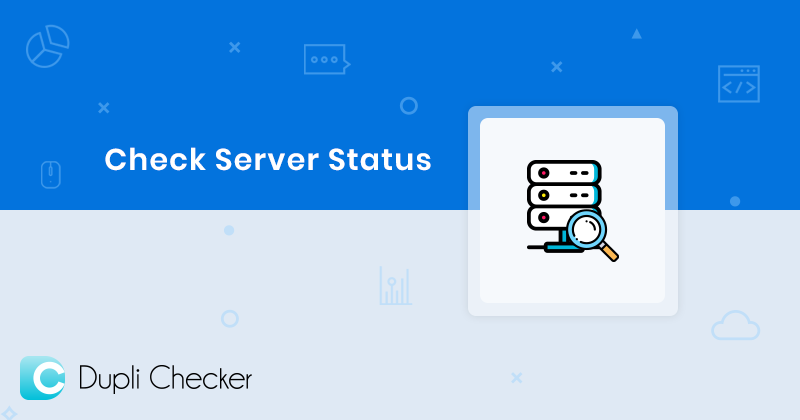In the fast-paced world of SaaS (Software as a Service), maintaining a delicate balance between growth, profitability, and operational efficiency is crucial. As businesses scale, the need for robust financial management grows, often outpacing internal resources. That’s where SaaS fractional CFO services come into play. These part-time financial leaders offer strategic guidance without the financial burden of a full-time executive, helping SaaS companies make data-driven decisions, improve cash flow, and enhance profitability. In this blog, we’ll explore why SaaS fractional CFO services are transforming the industry and how they can benefit your business.
Understanding the SaaS Business Model
Before diving into the specifics of fractional CFO services, it’s important to understand the unique financial dynamics of SaaS businesses. Unlike traditional product-based businesses that generate one-time sales, SaaS companies operate on subscription-based models. This means recurring revenue streams, which can lead to steady growth, but also require meticulous planning to manage cash flow, customer acquisition costs (CAC), and customer lifetime value (LTV).
SaaS companies also face unique challenges like scaling infrastructure, managing churn, and navigating complex financial reporting. The focus is on high growth, but often at the expense of short-term profitability. For SaaS founders, it’s easy to get bogged down in the daily operational challenges, losing sight of the long-term financial strategy. This is where the role of a CFO becomes vital.
The Challenges of Hiring a Full-Time CFO for SaaS Companies
For many SaaS startups and mid-sized companies, hiring a full-time Chief Financial Officer (CFO) is not feasible. CFOs are highly compensated, and many businesses in their early stages don’t have the financial bandwidth to justify this expense. A full-time CFO may cost anywhere from $200,000 to $400,000 per year, depending on the location and the company’s size. For a startup, this could be a significant portion of the budget better allocated toward product development or customer acquisition.
Moreover, hiring a full-time CFO early in the business lifecycle may not always be necessary. In the initial phases, SaaS companies typically focus on growth metrics like Monthly Recurring Revenue (MRR), churn rate, and customer acquisition. These are areas where a full-time CFO’s expertise may not be required daily. However, as the company scales and financial complexity increases, the need for strategic financial leadership becomes more pressing. This is where SaaS fractional CFO services offer a flexible, cost-effective solution.
What Are SaaS Fractional CFO Services?
A fractional CFO is a part-time, outsourced financial executive who provides high-level financial management and strategic planning to companies. Unlike a traditional full-time CFO, a fractional CFO works on an as-needed basis, offering expertise tailored to the business’s specific stage of growth. This model is especially suited for SaaS businesses, which often experience rapid scaling and fluctuating financial needs.
SaaS fractional CFOs bring a wealth of industry-specific experience, providing services that include:
- Financial forecasting and budgeting
- Cash flow management
- Fundraising and investor relations
- Pricing strategy and financial modeling
- Mergers and acquisitions (M&A) support
- Financial systems implementation and optimization
- Compliance and regulatory guidance
These services are crucial for SaaS businesses that need expert financial guidance without committing to the cost and long-term obligation of a full-time executive.
Why SaaS Companies Need Fractional CFO Services
SaaS businesses are data-driven by nature. Every decision—from product development to marketing campaigns—relies on numbers. A fractional CFO helps to interpret these data points into actionable insights that can shape the company’s financial trajectory. Here are some key reasons why SaaS companies are increasingly opting for fractional CFO services:
1. Scalability
As SaaS companies grow, their financial needs change dramatically. Early-stage startups might require help with cash flow management and burn rate analysis, while more mature companies need guidance on fundraising, acquisition strategies, and international expansion. A SaaS fractional CFO scales with your business, providing the right level of support at every stage.
2. Cost-Effectiveness
One of the primary advantages of fractional CFO services is cost-effectiveness. Instead of paying for a full-time CFO, SaaS businesses can access high-level financial expertise only when needed. This flexibility allows companies to allocate their financial resources more efficiently, investing in growth while still benefiting from professional financial guidance.
3. Strategic Financial Planning
A SaaS fractional CFO focuses on strategic financial planning that aligns with the company’s long-term goals. Whether it’s preparing for a fundraising round, optimizing cash flow, or planning for an exit, fractional CFOs provide the roadmap to achieve these objectives. Their experience with SaaS metrics, including MRR, LTV, and CAC, ensures that the financial strategy is tailored to the unique needs of the SaaS business model.
4. Fundraising Expertise
Fundraising is a critical aspect of growth for many SaaS companies, particularly those in the early and mid-stages. A fractional CFO with SaaS experience can guide you through the process of raising capital, from identifying potential investors to preparing financial projections and managing investor relations. Their expertise can be invaluable in presenting a compelling financial narrative that resonates with venture capitalists and other investors.
5. Financial Systems Implementation
As SaaS businesses scale, so do the complexities of their financial operations. Implementing efficient financial systems and processes is crucial for sustaining growth. A fractional CFO can help evaluate, implement, and optimize accounting software, reporting tools, and financial dashboards that provide real-time insights into key performance indicators (KPIs). This enables SaaS businesses to make informed decisions quickly and efficiently


